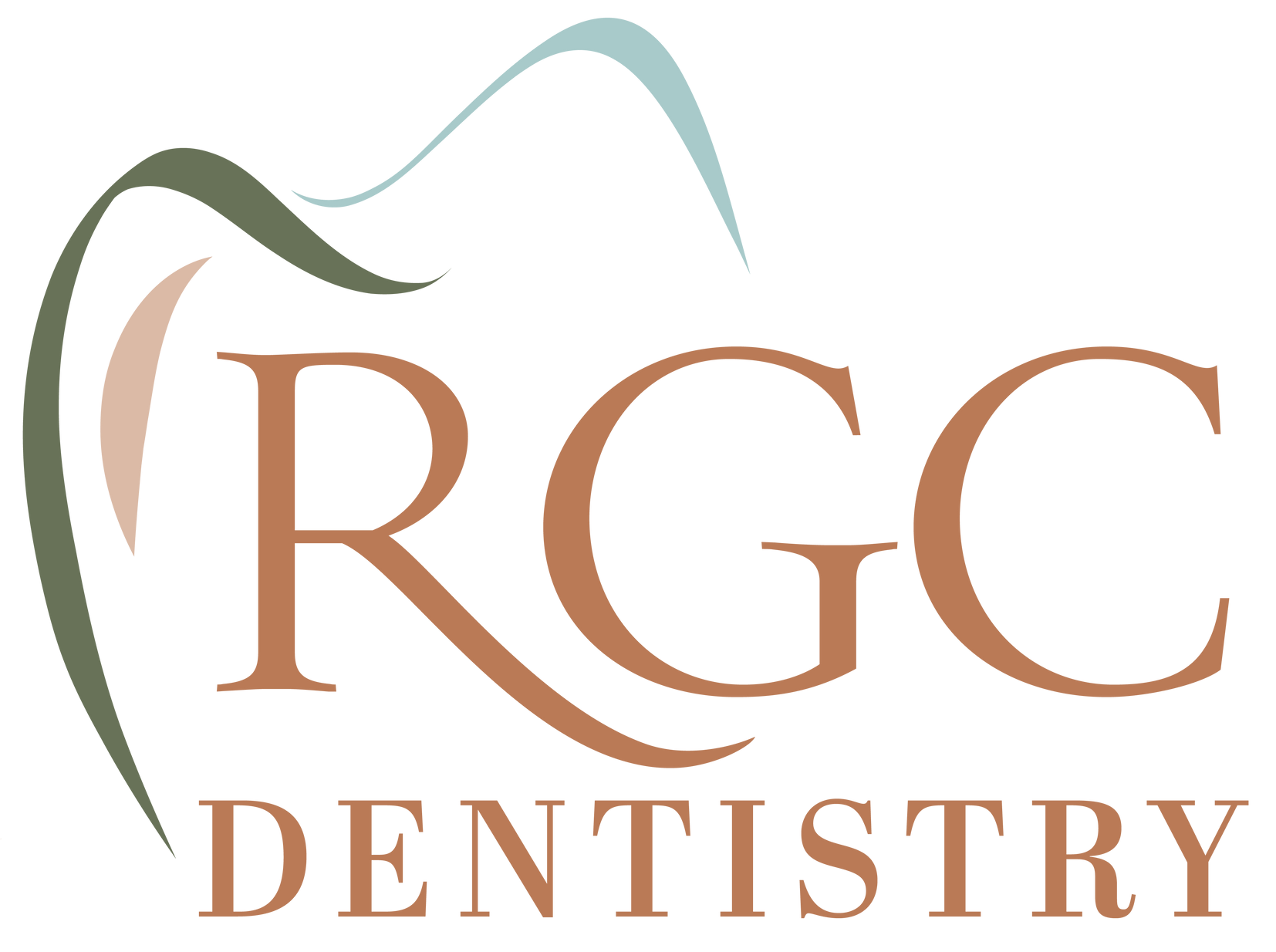Have Questions? Get in Touch
Oral Health for Older Adults
We put our teeth through a lot as we age. Certain habits can help maintain our oral health, while others do more harm than good. RGC Dentistry wants to ensure you’re doing as much as possible to keep your teeth in excellent health. Teeth can’t take care of themselves, so let’s talk more about how older adults can improve their oral health.
How to Care for and Protect Your Teeth as You Age
The great news is there are many things you can do to take care of your teeth. For starters, breaking bad habits, such as smoking, eating many sugary foods and chewing ice, can significantly help. Brushing twice a day and flossing after every meal is also important. Make sure to also do self exams every day, which can help you determine if something doesn't seem right, such as if you notice any swelling.
Common Dental Issues for the Elderly
Some of the most common dental issues facing older adults are gum disease, tooth wear, dry mouth, and tooth loss leading to loss of chewing function. Age can also increase the risk of developing oral cancer which can progress quickly with no pain or other symptoms. These problems are not inevitable to aging and can be halted and treated with regular visits to the dentist.
Gum disease is often a painless disease, but some symptoms can include bleeding gums, bad breath, and loss of bone surrounding the teeth. The inflammatory process involved in gum disease has been linked to other systemic diseases like Diabetes, Cardiovascular Disease and Alzheimers. Gum disease can be treated and managed through regular visits to a dental professional.
Dry Mouth can often increase in older adults due to medication side effects and some systemic diseases. Dry mouth occurs when either there is less saliva or the composition of the saliva changes. This can cause cavities to develop rapidly leading to tooth disease and loss. Those who wear dentures can find it difficult to keep the appliances in without adequate saliva.
Years of tooth grinding or acid erosion from a disease like acid reflux can cause significant loss of tooth structure, leading to tooth loss, chewing problems, and alter your smile. Tooth loss is not inevitable.
Regular dental visits can help prevent small problems like cavities from turning into larger issues that require more extensive procedures such as root canals or extractions. When tooth loss does occur, your dentist, often regarded as the best dentist in the Valley, Surprise, AZ, can discuss replacement options such as dental bridges, implants, or dentures. It is important to replace or fill the space when a tooth is lost as it can affect the surrounding teeth and the ability to chew and digest food.
How Often Should You Go to the Dentist?
Another major issue is letting a seemingly small problem turn into something more serious. For example, if not treated soon enough, a cavity could turn into a root canal. There’s a significant difference in many aspects of the two procedures, including the healing time, cost, number of visits and how extensive the work is.
Schedule an appointment with RGC Dentistry for a checkup every 6 months, but even more often, depending on your specific oral health or if you’re in the process of getting work done. If you notice any changes in your mouth that don’t seem to have a specific cause, such as a new bump, teeth sensitivity, bad breath or dry mouth, you should schedule an appointment with us as soon as possible. Doing so can help prevent potential issues from getting more serious and costly.
Call RGC Dentistry Today
Contact RGC Dentistry today if your 6-month appointment is coming up, you know or suspect you need dental care or it’s been a while since your last checkup. If you’re searching for a dentist near Ashton Ranch, AZ, we’ll be happy to talk with you about your options and our available services and offer advice about improving your oral health.
MEET OUR DOCTOR
Dr. Robyn Call lives in Peoria and loves taking care of our patients in Surprise. After living in Arizona for over 25 years, it is truly her home!
She received her undergraduate training from Brigham Young University and her DMD from Midwestern University.
Meeting patients and building relationships with them is the best part of her job. Dr. Call also appreciates how dentistry can change lives, and she's honored to be part of that for her patients.
When she's not at the practice, Dr. Call can be found practicing yoga, reading, crocheting, traveling,


